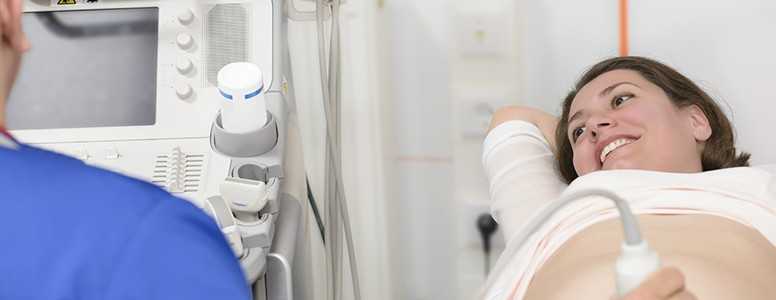Major steps have been taken in developing a screening test for a life-threatening condition in pregnant women with type 1 diabetes.
Experts from the Queen’s University Belfast and the Belfast Health and Social Care Trust have discovered that a protein called FABP4 (fatty acid binding protein 4) could be a marker indicating pre-eclampsia in women with type 1 diabetes.
Dr Valerie Holmes, from the Centre for Public Health at Queen’s University Belfast, said: “This is a really significant breakthrough as it is the first time scientists have shown an association between FABP4 and risk of pre-eclampsia in women with type 1 diabetes.”
Conditions such as diabetes, high blood pressure or kidney disease can increase the likelihood of women developing pre-eclampsia in pregnancy.
Symptoms include high blood pressure and having protein present in the urine. At present there is no effective screening programme to predict who will develop pre-eclampsia.
Lead investigator, Professor David McCance from the Belfast Health and Social Care Trust, said: “These results add significantly to our knowledge of how we might better predict pre-eclampsia in women with type 1 diabetes during pregnancy.”
The study, funded by The Wellcome Trust and Department of Employment and Learning, measured FABP4 in the blood of 710 women with type 1 diabetes at two time points in pregnancy, around 14 weeks gestation and around 26 weeks gestation, aligning with the end of the first and second trimesters.
Those who later developed pre-eclampsia had significantly higher levels of FABP4 in early pregnancy and in the second trimester.
Dr Holmes added: “This study builds on previous work by this group where the authors identified other blood markers or biomarkers for the prediction of pre-eclampsia. This work is an important step in the development of a screening test for pre-eclampsia.”
The only way to stop pre-eclampsia is to deliver the baby. Women who develop the fatal condition will be closely monitored until it’s safe for their baby to be delivered.
What's new on the forum? ⭐️
Get our free newsletters
Stay up to date with the latest news, research and breakthroughs.








